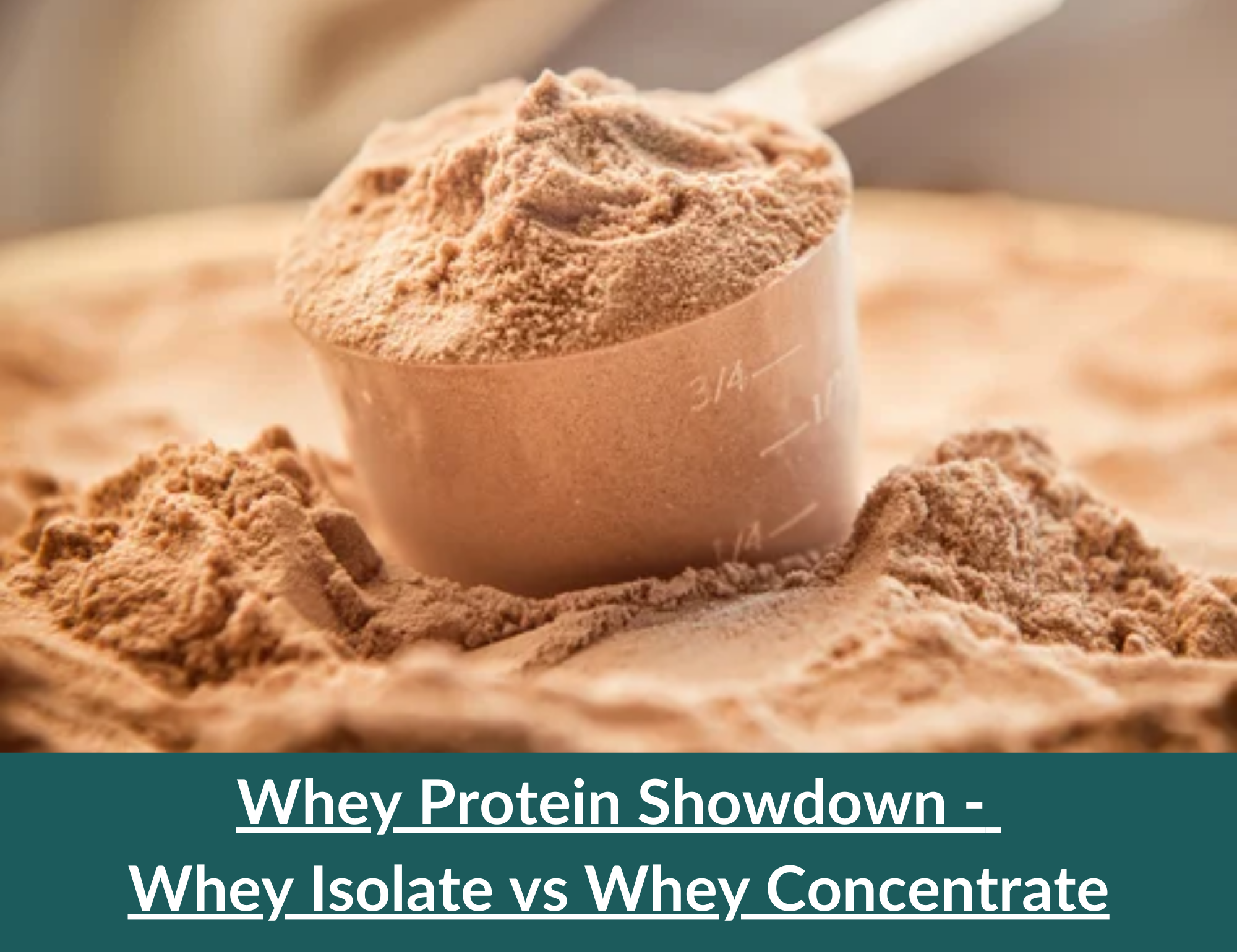Whey protein is a popular supplement among athletes and fitness enthusiasts. It is derived from milk and is considered a complete protein, containing all the essential amino acids the body requires. There are two main forms of whey protein: whey protein isolate and whey protein concentrate. Both types benefit muscle building and recovery, but they have distinct differences.
This article explores the differences between whey protein isolate and concentrate and which is best suited for your fitness goals.
Whey Protein Concentrate
Whey protein concentrate is the most common form of whey protein. It is made by filtering the whey protein from milk, removing most lactose, fat, and carbohydrates. Whey protein concentrate typically contains 70-80% protein, with the remaining percentage comprising lactose, fat, and other nutrients. This percentage can vary depending on the quality and purity of the concentrate.
One of the advantages of whey protein concentrate is that it is cheaper than whey protein isolate. It is also a good source of bioactive peptides, which are small protein fragments that have been shown to have various health benefits, including promoting satiety and reducing blood pressure.
Additionally, whey protein concentrate contains more immune-boosting compounds, such as immunoglobulins and lactoferrin, than whey protein isolate.
Whey Protein Isolate
Whey protein isolate is a more refined form of whey protein. It is made by further filtering whey protein and removing almost all lactose, fat, and carbohydrates. As a result, whey protein isolate contains more protein, typically around 90-95%, with minimal amounts of lactose, fat, and other nutrients.
One of the advantages of whey protein isolate is its high protein content. It is also ideal for people who are lactose intolerant or have trouble digesting lactose, as it contains very little lactose.
Furthermore, the body quickly absorbs whey protein isolate, making it ideal for post-workout recovery.

Which One Is Better?
The answer to this question depends on your fitness goals and dietary requirements. Suppose you are looking for a cheaper option and want a protein supplement with a higher content of immune-boosting compounds. In that case, then whey protein concentrate is a good option.
On the other hand, if you are lactose intolerant or want a protein supplement with higher protein content and quicker absorption, then whey protein isolate is the better choice.
It is important to note that whey protein isolate and concentrate are high-quality protein sources, and their differences are minimal. Ultimately, your best protein supplement will depend on your needs and preferences.
Whey protein isolate and whey protein concentrate are excellent protein sources with unique advantages. Whey protein concentrate is a cheaper option and contains more immune-boosting compounds. In contrast, whey protein isolate is ideal for people with lactose intolerance and those who want a protein supplement with higher protein content and quicker absorption.
Regardless of which one you choose, both forms of whey protein are beneficial for muscle building and recovery and can be a valuable addition to your fitness routine.
Add high high-quality whey protein isolate (WPI) to recipes with EasyBuy!
EasyBuy offers a seamless procurement process and exceptional deals on WPI, making it easy for you to get the ingredients you need. Whether you’re a home baker, food manufacture or a fitness enthusiast looking to add some protein to your recipe, then WPI is a versatile supplement you need to source..
So why wait? Make your purchase through EasyBuy today and experience the ease of procurement and benefits of WPI!
Citations
- Hayes, A., & Cribb, P. J. (2008). Effect of whey protein isolate on strength, body composition and muscle hypertrophy during resistance training. Current opinion in clinical nutrition and metabolic care, 11(1), 40-44.
- Marshall, K. (2004). Therapeutic applications of whey protein. Alternative medicine review, 9(2), 136-156.
- Pasiakos, S. M., McLellan, T. M., & Lieberman








